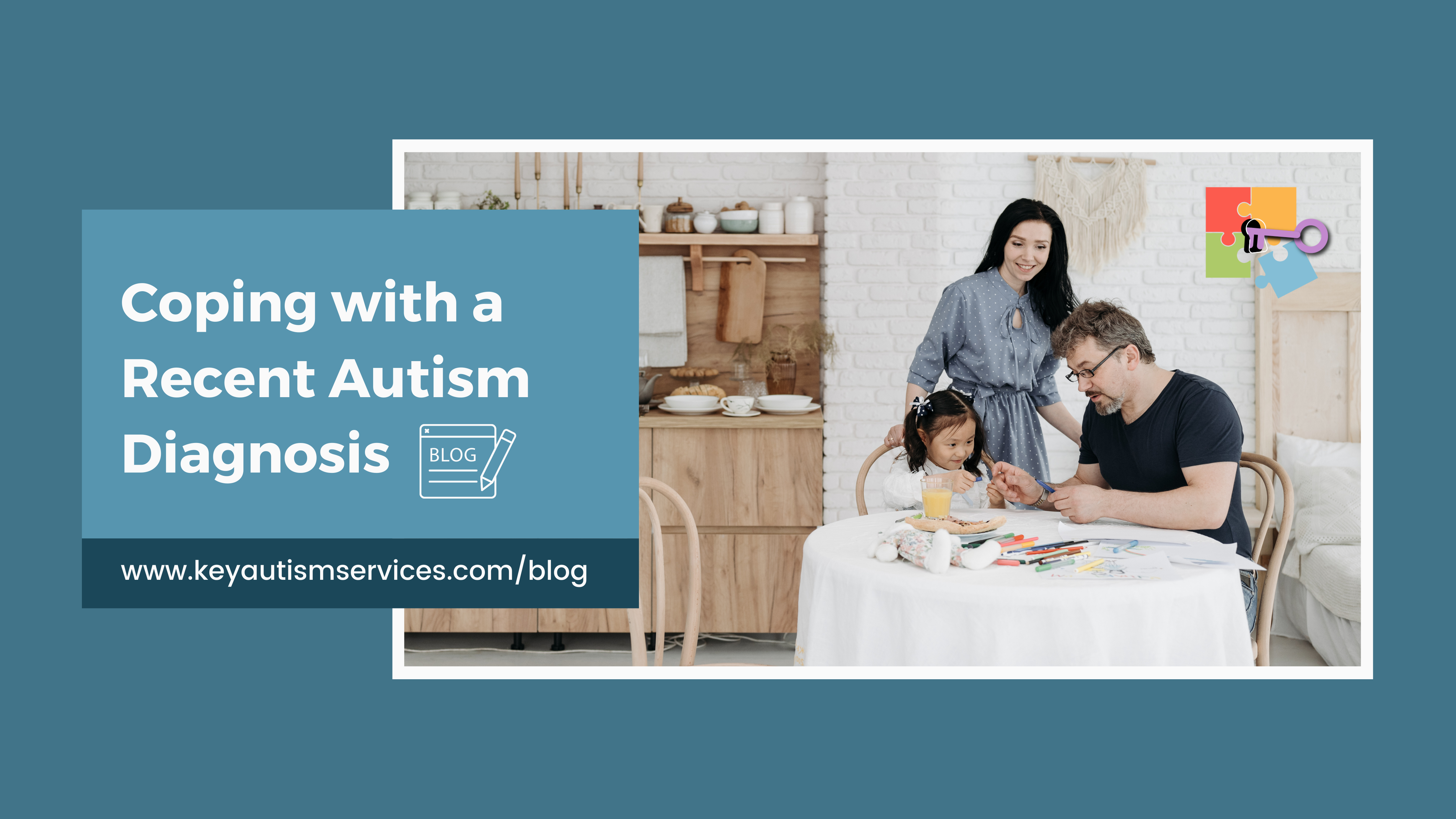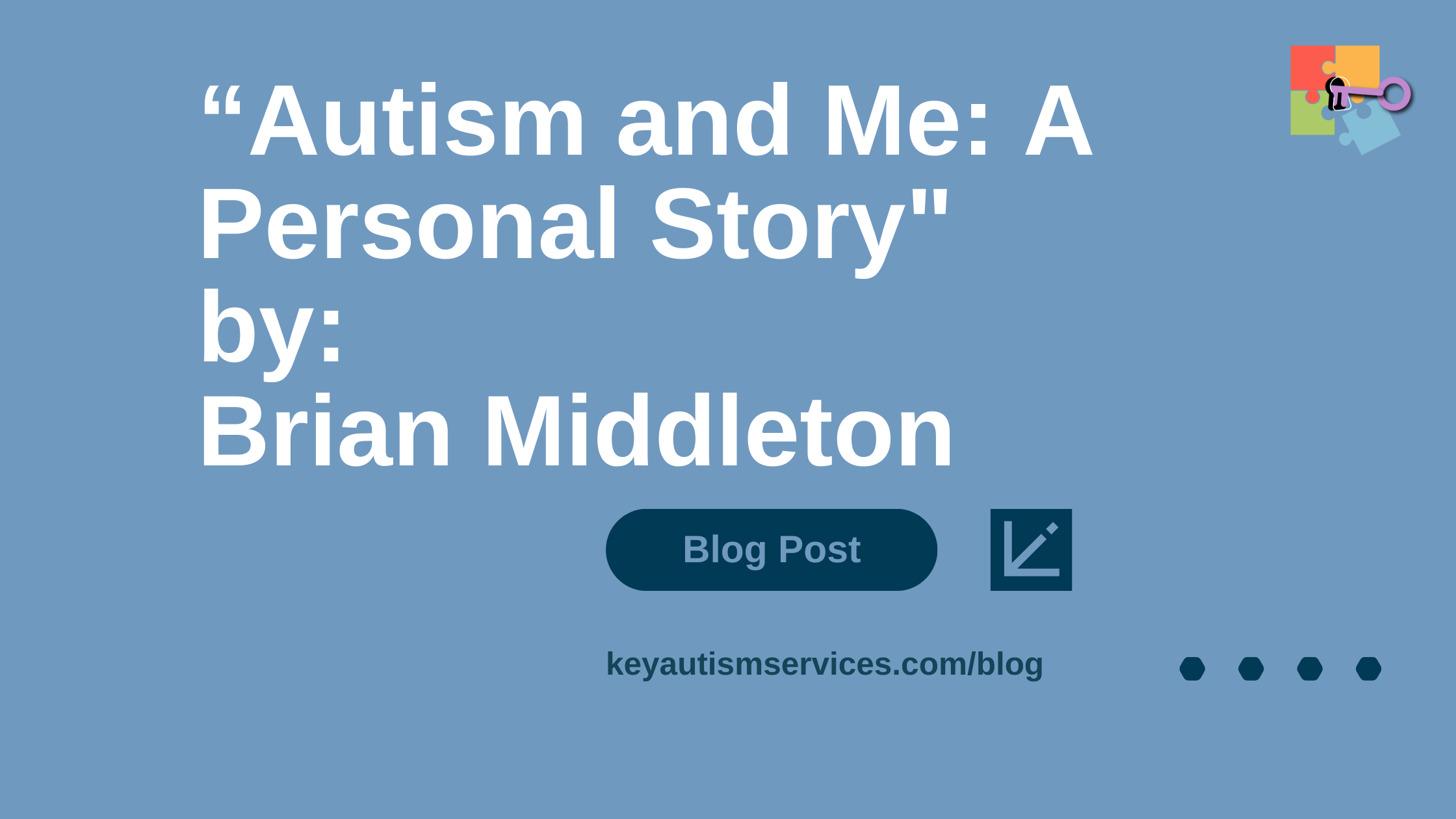Autism is a complex neurological disorder that affects a person’s ability to communicate and interact with others. It is a spectrum disorder, which means that there is a wide range of symptoms and severity levels. Diagnosing autism can be a stressful and anxiety-inducing experience for both parents and children. It is important to remember that there are many resources and support groups available to help you through this process. This blog will provide you with information and advice on how to deal with the fear and anxiety associated with an autism diagnosis.
Talking with Family About a Child’s Recent Autism Diagnosis
After the diagnosis, parents may feel a bigger responsibility to keep immediate family members such as their other children, siblings, own parents, or even close family friends, informed about their child with autism. When sharing this information, they must discuss the level of impact this may have on the diagnosed child and the family moving forward and identify how they can continue to be supportive of the family. Those family members residing in the child’s home are those that will be most impacted, so it is important they really understand and work together. When a family receives their child’s diagnosis, it is normal for them to experience the stages of grief. They must learn what this diagnosis is and how it will affect their lives, in addition to dealing with the tension and lifestyle alterations elicited by the diagnosis. Moreover, they should access the appropriate therapies and assistance which will help them through this challenging period.
What Parents of Children with Autism Wish You Knew About Their Communication Challenges
Autism is characterized by challenges in the areas of communication, social interaction, and behavior. For example, individuals with autism experience difficulty participating in back-and-forth conversations, understanding others’ perspectives, interpreting nonverbal communications like facial expressions or body postures, understanding complex directions, or following multi-step instructions. Difficulties in social interaction hinder an individual’s ability to build relationships and access their community. As such, there are a variety of interventions that address these sensitive domains to support individuals with autism for successful participation in society.
The Behavior domain becomes a concern with Individuals with Autism because what they engage in interferes with their successful daily functioning; Behaviors that stand out could include repetitive movements or scripting behaviors that may be observed and frowned upon by others, tantrums or meltdowns that occur due to the inability to accept changes in any routine, or the need to stick to a routine or accept the way things like toys are arranged, or having difficulty with certain foods that include the textures, smell, taste, look, etc. Behaviors of concern could also involve more escalated, intense, and severe behaviors such as physical aggression, property destruction, or self-injurious behaviors, to name a few. It is important to work with a Board Certified Behavior Analyst (BCBA) to identify which areas your child is specifically impacted in, and goals set around those. Separate goals can be created by an ABA team to focus on working through some of these challenges in the home setting and how your entire family can help successfully support your child with autism.
The Benefits of Getting Support from Family
The fact that you have recently received a diagnosis of autism for one of your children does not mean it is the end of anything. It means that some life changes must occur to help an autistic family member live as successfully as possible. Your child with autism has a different way of learning, accepting things, coping with their inabilities, expressing themselves, etc. The autistic individual needs their family to be supportive through this and be a part of the team that can guide them through their life journey to make it productive, meaningful, and as independent as possible. Talk with your other children and other family members like your child’s grandparents, about these differences. Let them know that the biggest difference is in the way learning occurs to comprehend and manage the simple things in life that everyone takes for granted. Let them know that their love and support is always going to be appreciated, even if not reciprocated more commonly. What and how they do things for each other will matter.
Successfully Incorporating ABA Principles into Your Child’s Life
Educate yourself. Be open to learning the strategies that your ABA team will begin to teach you, step by step. You can also access different resources that can help you further develop your skills to successfully implement with your child with autism. Make sure to discuss thoroughly with your BCBA what could work best for your child since there is a lot of misinformation out there as well. It is important to remember that one child with Autism is one child with autism. No two individuals with autism should be compared. Your ABA therapy team will customize their interventions based on the deficits your child presents and your specific goals for your child as the parent. Your BCBA will keep you aware of what ABA skills need to be practiced carefully and consistently to be most effective for your child.
Family members and siblings can be trained and supported to interact with a newly diagnosed autistic child. Allow these family members to create opportunities together with the child, to provide guidance, support, and acceptance into this new way of life. It may take some time for everyone to adjust; however, patience is paramount and will ultimately lead to the understanding and love your entire family can experience.
The Impact of a Child’s Diagnosis of Autism on Their Extended Family
A child’s diagnosis of autism is known to significantly impact not only the affected family member but also the extended family. Low self-esteem and confidence can result from the societal limitations associated with being part of a “diverse” family. It is important to note that inappropriate behaviors may manifest as a coping mechanism for those experiencing stress related to this diagnosis. Despite efforts at casual discussion, counseling services offered on an individual or familial level may be necessary to adequately address any difficulties faced by family members. Do not hesitate to get help if needed – your children and loved ones must receive the care they need for this diagnosis.
Key Autism Services and Other Resources that are Available to Help
There are several state-by-state chapters and resources available. The links listed below are some of the general county-wide resources that you can access to begin the journey of understanding Autism and what you can do. Your health insurance will also be a useful resource for finding your local ABA therapy providers. Additionally, the team at Key Autism Services has the expertise and experience to help you navigate the newly received autism diagnosis.
General resources:
- Autism Speaks
- Applied Behavior Analysis Guide
- ASK Resource Center
- Healthline
- Autism now
- US Department of Health and Human Services
- Centers for Disease Control and Prevention (CDC)
- National Institute of Mental Health
- Mayo Clinic






